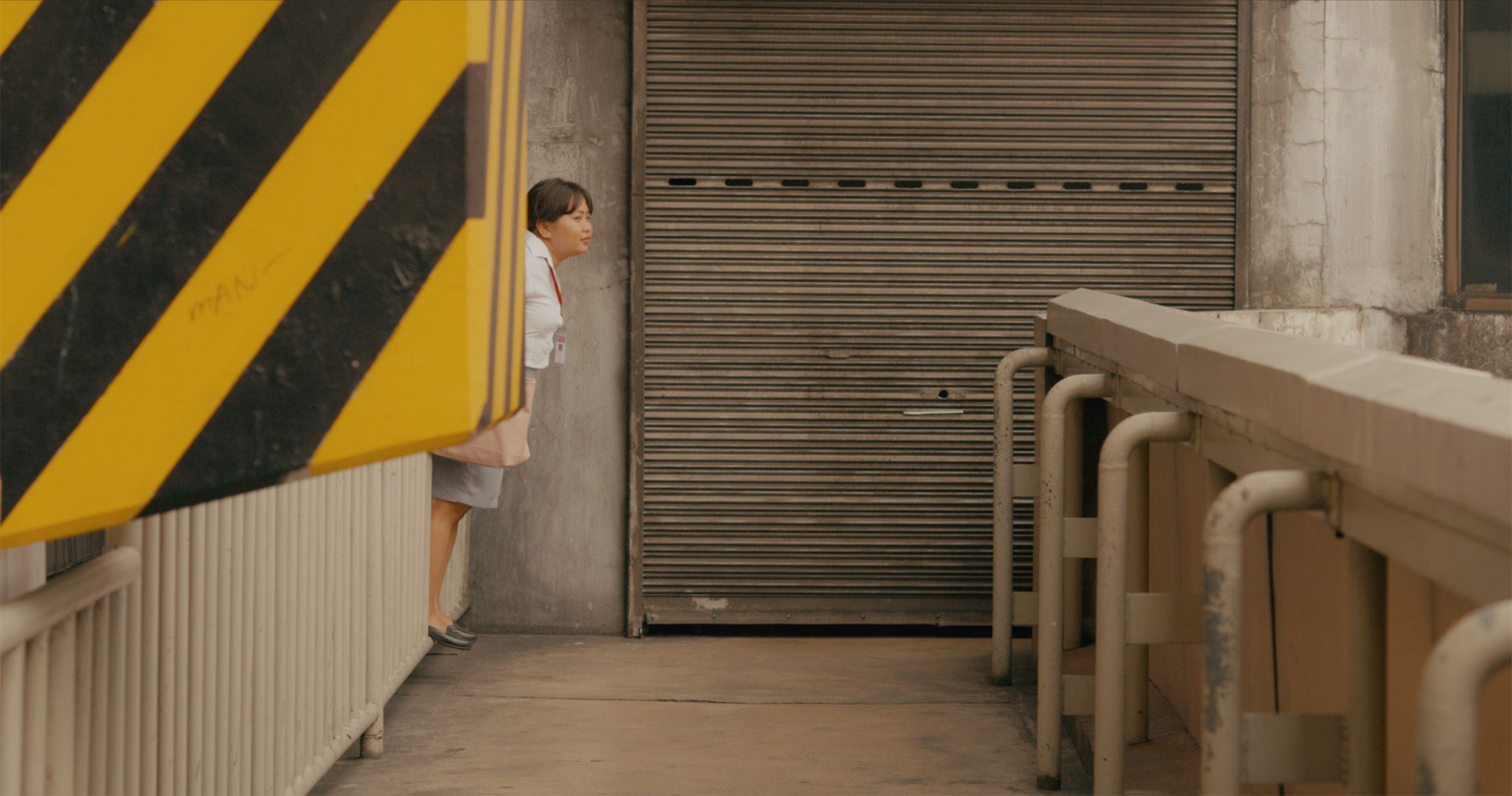For the very first time, a Filipino film makes it to the Sundance Film Festival's short film category. Written by Arden Rod Condez (John Denver Trending) and directed by Sonny Calvento (Nabubulok), the satirical film Excuse Me, Miss, Miss, Miss sheds light to the plight of contractual workers. In his conversation with Tatler Philippines, Calvento shares more about the film and his inspirations and objectives as a budding filmmaker.
After his directorial debut in 2017 with Nabubulok and stint as producer of the award-winning film John Denver Trending (2019), filmmaker Sonny Calvento created his first short film entry Excuse Me, Miss, Miss, Miss for the QCinema International Film Festival, which eventually made it to the Cinemalaya Independent Film Festival and Luang Prabang Film Festival. In this exclusive one-on-one, Calvento shares more about this breakthrough film that has become the first-ever Filipino short film to enter the revered Sundance Film Festival, his inspirations and objectives as an independent filmmaker, and his two cents on the effects of the pandemic to the film industry.
Read Also: A Fearless Forecast Of Winners In Cinemalaya 2020's Main Competition Category

How did you feel when you received the acceptance letter from Sundance? How would you describe that day and the momentous event that occurred?
The requirements to submit your film to the Sundance Film Festival are just like the requirements for any [other] international film festival. You just need to fill out an application form with a screener link. What’s special about Sundance is they don’t require any premier status for short films. So, I knew I’d be competing with thousands of submissions. I just tried my luck. The thought of making it to the final 50 short films out of the almost 10,000 submissions never crossed my mind.
Three months after submitting the film, I saw an e-mail with the subject “Excuse Me, Miss, Miss, Miss / Sundance Film Festival 2021”. I thought it was a rejection letter. I opened the e-mail, and the message wasn’t loading, but I noticed that the e-mail had a lot of CC'ed contacts, which really got me thinking why would they inform a lot of contacts that my film got rejected? I had to rush outside the house to get a good LTE signal and there I was in front of the street in my boxer shorts when the message finally loaded. It was a congratulatory message from Sundance. I cursed repeatedly. I just couldn’t believe it even up to now, but I am more than thankful that Sundance saw something special in my film.









